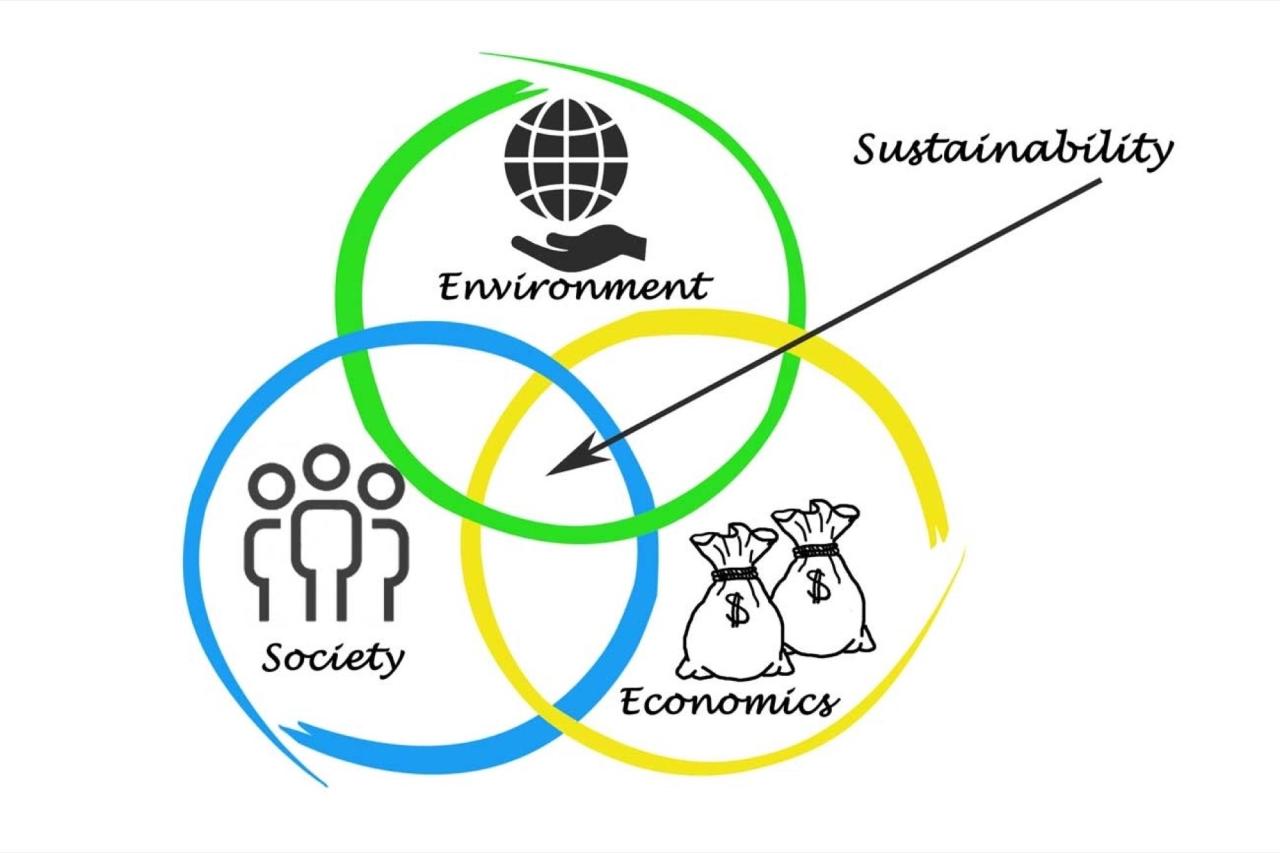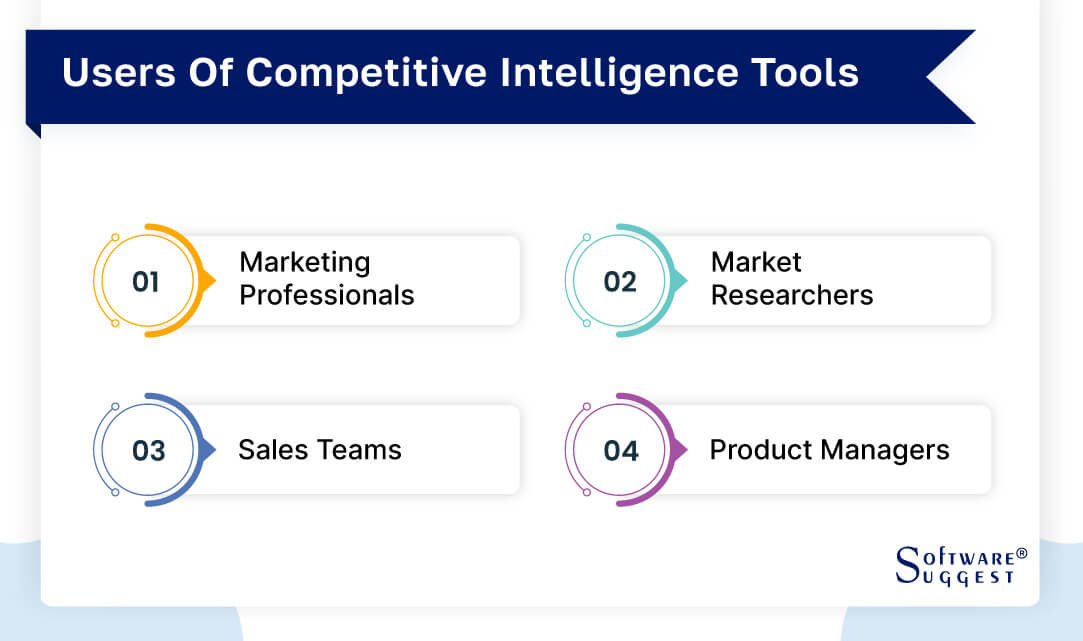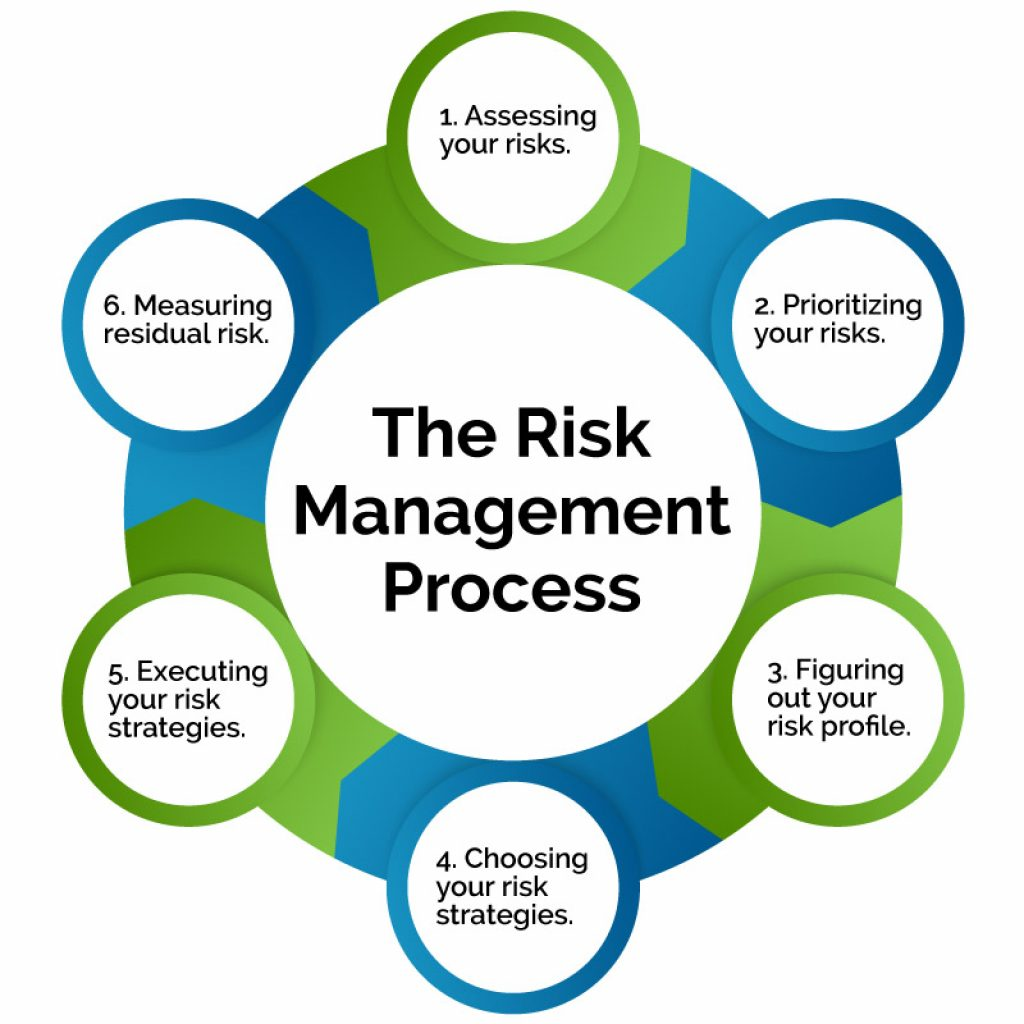Business Sustainability Initiatives
Embark on a transformative journey into the realm of Business sustainability initiatives, where we explore the profound impact they wield in shaping a sustainable and prosperous future. Delve into the essence of sustainability, uncover the myriad benefits and challenges it presents, and witness firsthand the remarkable achievements of sustainability initiatives across diverse industries.
As we delve deeper, we will uncover the multifaceted nature of sustainability initiatives, categorizing them based on their environmental, social, and economic focus. We will shed light on specific initiatives within each category, from renewable energy and waste reduction to employee well-being programs. Moreover, we will delve into the intricate connections between these initiatives, revealing the synergistic effects they create.
Definition and Importance of Business Sustainability Initiatives
Business sustainability initiatives refer to the practices and strategies that businesses adopt to minimize their environmental impact and maximize their social and economic benefits. These initiatives aim to create a sustainable future for both the business and the communities in which they operate.
Implementing sustainability initiatives offers numerous advantages. Businesses can enhance their brand reputation, attract and retain customers and investors who value sustainability, and reduce operating costs through resource efficiency. Moreover, sustainability initiatives contribute to a healthier environment, foster innovation, and promote employee engagement.
Benefits of Business Sustainability Initiatives
- Enhanced brand reputation and customer loyalty
- Reduced operating costs through resource efficiency
- Improved employee morale and productivity
- Increased innovation and competitiveness
- Contribution to a sustainable future
Challenges of Business Sustainability Initiatives
- Initial investment costs
- Complexities in implementation and measurement
- Balancing sustainability goals with financial objectives
- Lack of expertise or resources
- Resistance to change
Examples of Successful Sustainability Initiatives
- Patagonia: Known for its commitment to environmental activism, Patagonia repairs and recycles clothing, reducing waste.
- Interface: A carpet manufacturer that uses recycled materials, renewable energy, and zero-waste processes.
- Seventh Generation: A household products company that uses plant-based ingredients and sustainable packaging.
- Unilever: A multinational consumer goods company that has set ambitious sustainability targets, including reducing its environmental footprint by half.
- Nike: A sportswear giant that invests in sustainable materials, reduces waste, and supports environmental initiatives.
Types of Business Sustainability Initiatives

Business sustainability initiatives encompass a diverse range of programs and practices that address environmental, social, and economic concerns. These initiatives aim to create a positive impact on stakeholders, including employees, customers, communities, and the environment.
Sustainability initiatives can be categorized based on their focus areas:
Environmental Sustainability
- Renewable Energy: Utilizing renewable sources like solar, wind, and geothermal energy to reduce carbon emissions.
- Waste Reduction: Implementing waste management programs to minimize waste generation and promote recycling.
- Water Conservation: Reducing water consumption through efficient irrigation systems, leak detection, and water-saving appliances.
Social Sustainability, Business sustainability initiatives
- Employee Well-being: Creating a healthy and supportive work environment that promotes employee health, safety, and work-life balance.
- Community Engagement: Participating in community initiatives, supporting local businesses, and investing in social development.
- Supplier Responsibility: Ensuring that suppliers adhere to ethical and sustainable practices throughout their operations.
Economic Sustainability
- Sustainable Supply Chain: Establishing sustainable practices throughout the supply chain, including responsible sourcing and fair labor practices.
- Product Lifecycle Management: Designing products with a focus on durability, recyclability, and end-of-life disposal.
- Green Investments: Allocating resources to sustainable technologies, energy efficiency projects, and environmentally friendly initiatives.
These categories are interconnected, as sustainability initiatives often have positive impacts across multiple areas. For example, renewable energy initiatives contribute to environmental sustainability while also reducing operating costs (economic sustainability).
Planning and Implementation of Sustainability Initiatives: Business Sustainability Initiatives

Sustainability initiatives require careful planning and implementation to achieve their intended outcomes. This process involves setting clear goals, measuring progress, and engaging stakeholders.
Goal Setting
Sustainability goals should be specific, measurable, achievable, relevant, and time-bound (SMART). They should align with the organization’s overall mission and values, and address material environmental, social, and economic issues.
Measurement and Reporting
Regularly tracking progress is crucial for evaluating the effectiveness of sustainability initiatives. Key performance indicators (KPIs) should be established to measure environmental, social, and economic impacts. Transparent reporting of results helps stakeholders understand the organization’s progress and hold it accountable.
Stakeholder Engagement
Engaging stakeholders, including employees, customers, suppliers, and communities, is essential for successful sustainability initiatives. Open communication, collaboration, and feedback mechanisms help build support, identify opportunities, and mitigate risks.
Case Study: Unilever’s Sustainable Living Plan
Unilever’s Sustainable Living Plan, launched in 2010, has been a successful example of sustainability implementation. The plan set ambitious goals in three key areas: reducing environmental footprint, improving social impact, and enhancing health and well-being. Unilever has made significant progress, reducing its carbon footprint by 39%, water use by 30%, and waste by 56%. It has also improved the lives of millions of people through its social impact programs.
Measuring and Reporting on Sustainability Initiatives
Measuring and reporting on sustainability performance is crucial for businesses to track their progress, identify areas for improvement, and communicate their commitment to sustainability to stakeholders.
Various frameworks and standards exist to guide sustainability reporting, such as the Global Reporting Initiative (GRI), the Sustainability Accounting Standards Board (SASB), and the Task Force on Climate-related Financial Disclosures (TCFD).
Best Practices for Communicating Sustainability Results
- Set clear goals and targets: Define specific, measurable, achievable, relevant, and time-bound (SMART) sustainability goals.
- Use credible data: Ensure the accuracy and reliability of data used to measure sustainability performance.
- Provide context: Explain the business’s sustainability strategy, material issues, and industry benchmarks to provide context for sustainability results.
- Use clear and concise language: Communicate sustainability results in a way that is easy to understand and interpret by all stakeholders.
- Engage with stakeholders: Actively seek feedback from stakeholders to improve the relevance and effectiveness of sustainability reporting.
Emerging Trends in Business Sustainability
The landscape of business sustainability is constantly evolving, driven by technological advancements, changing consumer preferences, and evolving regulatory frameworks. Businesses that embrace emerging trends and innovations in sustainability will be well-positioned to thrive in the future.
One of the most significant trends shaping the future of sustainability is the rise of the circular economy. This approach aims to eliminate waste and pollution by keeping resources in use for as long as possible. Businesses are adopting circular economy principles by designing products for durability and recyclability, implementing take-back programs, and exploring new business models that focus on reuse and repair.
Role of Technology
Technology is playing a pivotal role in advancing business sustainability. Data analytics tools enable businesses to track their environmental and social performance, identify areas for improvement, and make informed decisions. Artificial intelligence (AI) is being used to optimize energy usage, reduce waste, and develop innovative sustainability solutions. Blockchain technology is providing greater transparency and accountability in supply chains, ensuring that products are sourced ethically and sustainably.
Stakeholder Collaboration
Collaboration among stakeholders is essential for driving sustainability progress. Businesses are increasingly engaging with suppliers, customers, employees, and communities to develop and implement sustainability initiatives. This collaborative approach fosters innovation, builds trust, and ensures that sustainability efforts are aligned with the needs and expectations of all stakeholders.
Adapting to Trends
To stay ahead of the curve in business sustainability, companies should:
- Embrace circular economy principles to reduce waste and pollution.
- Leverage technology to improve environmental and social performance.
- Foster collaboration with stakeholders to drive sustainability progress.
- Continuously monitor emerging trends and innovations to stay informed about the latest developments.
Essential Questionnaire
What are the key benefits of implementing sustainability initiatives?
Sustainability initiatives offer a multitude of benefits, including reduced operating costs, enhanced brand reputation, increased employee morale, and improved risk management.
How can organizations effectively measure the impact of their sustainability initiatives?
Organizations can leverage various frameworks and standards for sustainability reporting, such as the Global Reporting Initiative (GRI) and the Sustainability Accounting Standards Board (SASB), to measure and communicate their sustainability performance.
What role does technology play in the advancement of business sustainability?
Technology plays a crucial role in driving sustainability initiatives, enabling organizations to monitor energy consumption, reduce waste, and optimize supply chains, among other applications.






